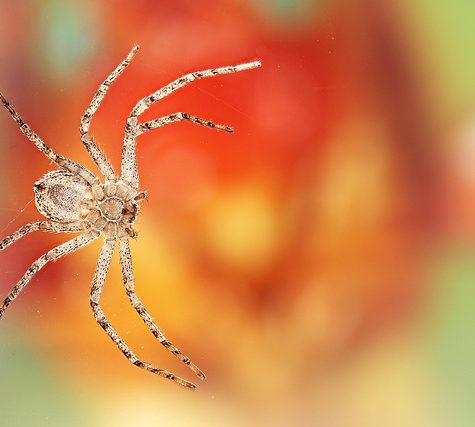Wolf Spider (Trochosa). Pittsburgh, PA
$19.00 – $400.00Wolf spiders are members of the family Lycosidae, from the Ancient Greek word “λύκος” meaning “wolf”. They are robust and agile hunters with excellent eyesight. They live mostly in solitude and hunt alone, and do not spin webs. Some are opportunistic hunters pouncing upon prey as they find it or even chasing it over short distances. Some will wait for passing prey in or near the mouth of a burrow.
Wolf spiders resemble nursery web spiders (family Pisauridae), but wolf spiders carry their egg sacs by attaching them to their spinnerets (Pisauridae carry their egg sacs with their chelicerae and pedipalps). Two of the wolf spider’s eight eyes are large and prominent, which distinguishes them from the nursery web spiders whose eyes are all of approximately equal size. This can also help distinguish them from grass spiders.

 Diffuser for Mitutoyo M Plan APO Objectives
Diffuser for Mitutoyo M Plan APO Objectives


